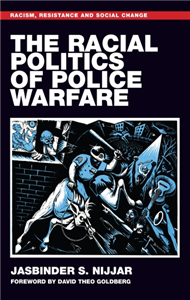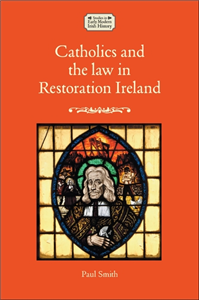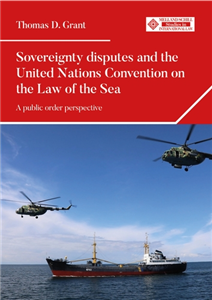ZOOlibri di Rabitti Corrado
ZOOlibri is an indipendent publishing house born in Reggio Emilia in 2001, that focuses its production in picture books and novels in pictures. Its purpose is both producing its own titles and translating other’s titles on the market taking care of bringing unknown and unpublished artists on Italian market first, and then on the international one. Now almost 70 titles appear on the catalogue. After more than 15 years of work on the international market ZOOlibri is known as one of the most active independent publishers, with productions translated worldwide in 18 languages, and for being the first in bringing together in the same catalogue Jon Klassen, Steve Antony and Oliver Jeffers.
View Rights Portal




























